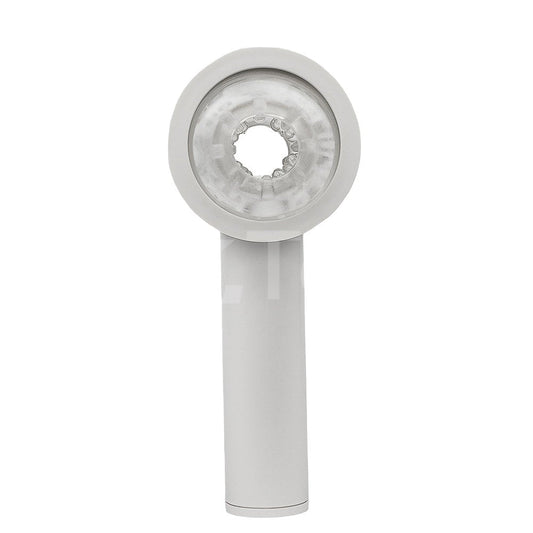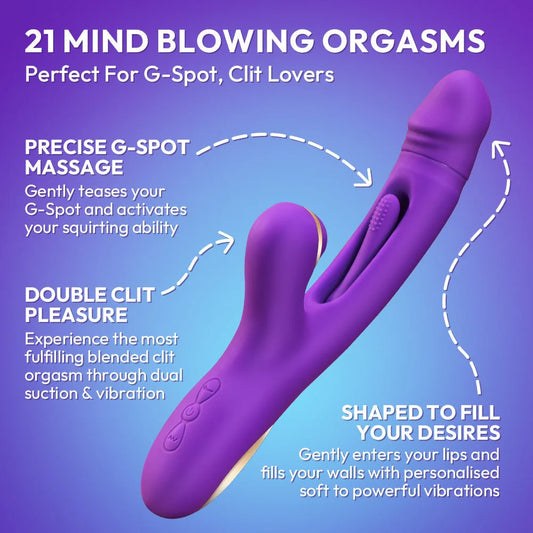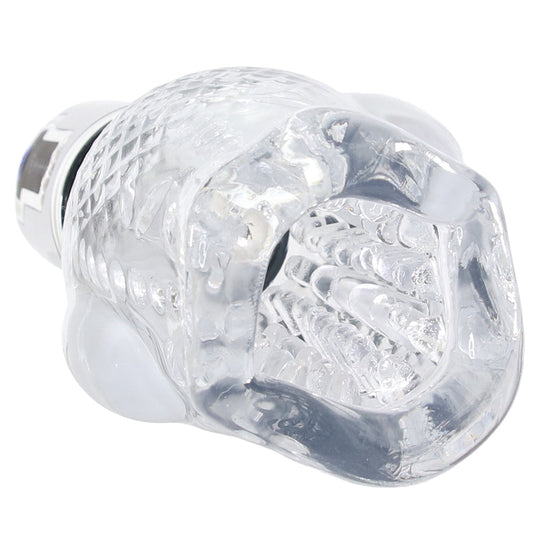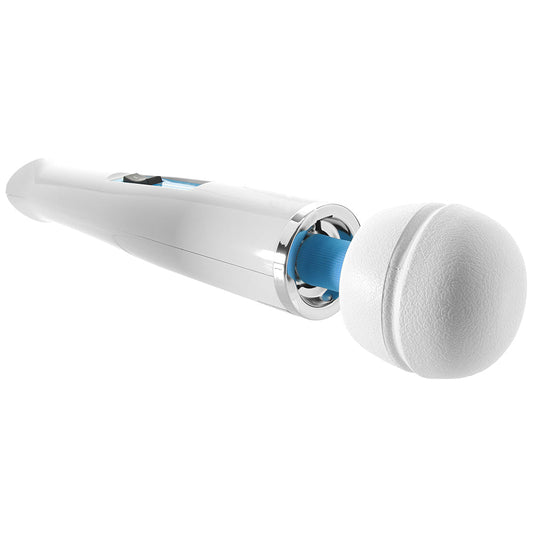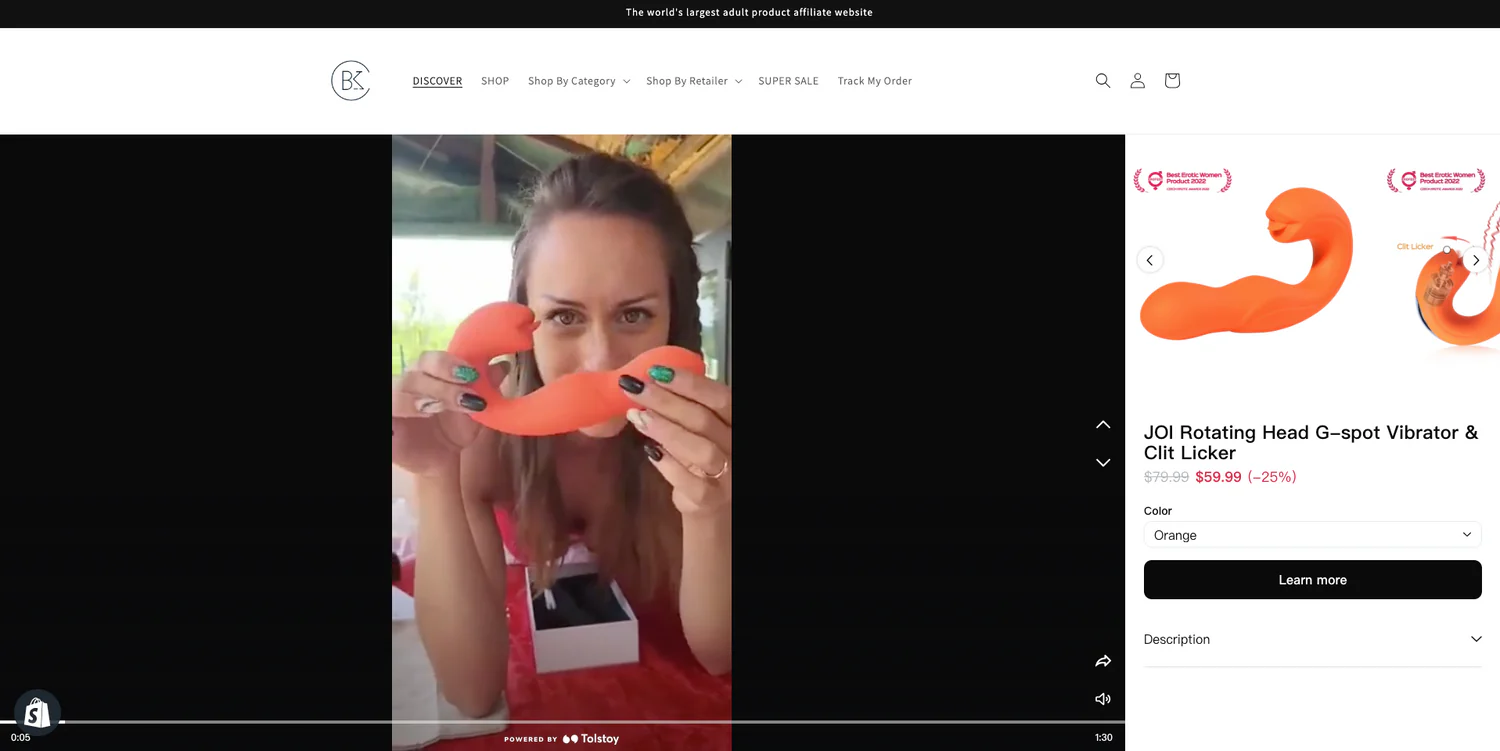A while back, I read the headline: “Sex After 70? Not Much.” The Bloomberg News story said a new University of Chicago study of 6,000 Americans showed that “the average person’s sex life ends by age 70.”
No way, I thought, so I read the study in the British Medical Journal. It did NOT say sex ends at 70. It said that in every age group, people in good health report interest in sex, but that after age 75, because of medical conditions, the drugs used to treat them, and partner loss, only 39 percent of men and 17 percent of women have regular partner sex.
But that finding is misleading because many elderly don’t have partners. Among those 75 and older who do, 46 percent of the men and 41 percent of the women said they were sexually active. That’s almost half. So contrary to the news report, the average person’s sex life doesn’t end at 70.
Furthermore, the study dealt only with partner sex. If we include solo sex, then the proportion of sexually active elderly undoubtedly increases considerably. Several studies suggest that in older adults, masturbation is common.
Bloomberg’s sloppy reporting is not unusual. The news media generally ignore sex in older adults. When they cover it, the tone is often incredulous: Whadya know? The geezers still do it.
Aging doesn’t end sex. Aging changes it, gradually eliminating penis-vagina intercourse. Fortunately, there are marvelously satisfying ways to enjoy sex without intercourse.
Here’s how aging changes sex. Women over 40 start to experience menopausal changes: Vaginal lubrication declines. Intercourse may become uncomfortable. And libido and sexual self-esteem frequently decrease. Men over 40 start to notice that arousal takes more time. Erections become balky: slower to rise, less firm, and increasingly prone to wilting due to minor distractions. Finally, both men and women become more likely to have medical conditions and take medications that have sex-impairing side effects.
After 50, especially after 60, these changes intensify. In women, the vaginal lining thins (vaginal atrophy), which may add to discomfort during penetrative play, even with a lubricant, and partner loss often limits sexual possibilities. In men, erection problems increase. Finally, medication use becomes more prevalent, with interactions among multiple medications often aggravating sexual side effects.
Even those prepared for age-related sexual changes typically find them disconcerting. But very few Americans are prepared. Physicians and the news media either ignore sex in the second half of life, or spread misinformation (the Bloomberg report). As a result, many older people are unprepared for the sexual changes aging brings, and instead of adapting, they withdraw from sensual play.
It doesn’t have to be that way. I know many people in their seventies and eighties who are actively, happily sexual. They don’t have penis-vagina intercourse, but so what? Hands, mouths, and sex toys offer many erotically satisfying ways to make love and enjoy orgasm.
I just turned 69. I’m still sexually active and I’m determined to stay that way for the rest of my life. Sex is not just for the young. The erotic impulse lasts a lifetime. Where there’s a will, there’s always a way.



